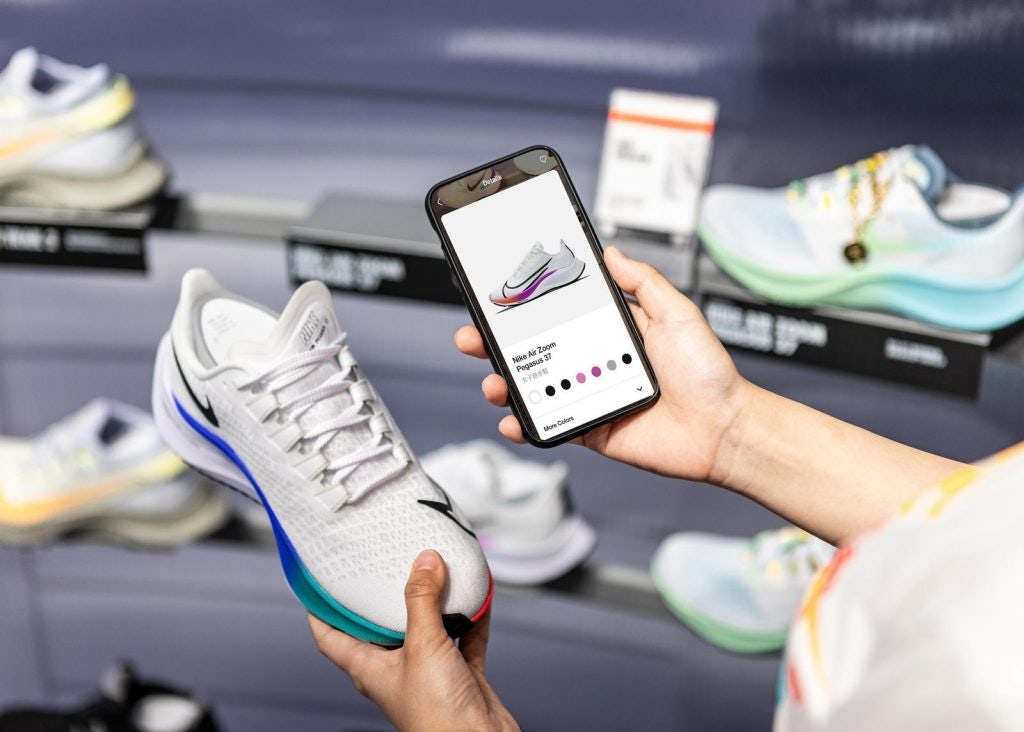Key Takeaways:#
- The luxury "customer journey" in China is far more digital than anywhere else in the world while becoming increasingly data-driven.
- The race is on for luxury brands to take the lead in their respective areas by using data analytics.
- In 2022 and beyond, luxury brands will be more actively involved in setting up China-based collaborations with data management companies.
The urgency for luxury players to develop data collections and analysis capabilities is more pressing than ever. That applies even more to the complexity of Chinese markets where massive volumes of data are being collected and stored for processing.
Chinese data consumption rapidly continues to grow, and many expect it to become the largest source of consumer information over the next year. In part, that is because Chinese consumers are less sensitive about data privacy and protection concerns than consumers in many other countries. In fact, a 2021 Euromonitor survey found that over 45 percent of respondents in China said they were willing to share data for personalized offers and exclusive deals.
The challenge for luxury executives is to make sense of this data — or even the exabytes of data, which have become increasingly available and profitable when put to use. We expect "big data" and "data analytic" to top the 2022 agenda for luxury executives as they accelerate their development and execution of effective data-driven strategies. And that will happen as Artificial Intelligence (AI) matures over the coming decades. It appears unstoppable.
Advantage Data#
The luxury customer journey in China is far more digital than anywhere else in the world. And, the reality is that the bottom line has increasingly become data-driven. According to McKinsey & Co., fashion companies that harness data analytics to personalize customer e-commerce experiences have grown their digital sales anywhere from 30 to 50 percent.
Data will play a more significant role in delivering tangible benefits throughout the value chain, such as creating seamless digital shopping experiences. For example, each visit to L’Oréal’s flagship store in Shanghai gets linked to the user’s WeChat account via L’Oréal's mini-app. Executives no longer think in omnichannel terms but about "harmonized retail," which, according to Infosys, “works at the intersection of physical layouts, digital technologies, and human experiences.”
Performance Benchmarks#
Digital technology disruptions, driven by non-luxury players, have raised customer expectations regarding other consumption sectors. CB Insights reports that Nike has grown its direct-to-consumer sales from 16 percent a decade ago to 39 percent of its brand revenues today. This relationship model enables Nike to access customer data directly.
According to Nike, data analytics has been key to its Nike Rise retail concept in Guangzhou. “Using insights that Members have shared with Nike, as well as responding to real-time sports moments in the city, data will power the complete consumer experience in Nike Rise,” said the brand in a release. In a similar vein, fast-fashion retailer Shein has redefined the meaning of ultra-fashion by using data analytics software to deliver a virtual and on-demand order book.

Indirect competitive pressures have shaped these best practices, which won't go unnoticed by both consumers and luxury executives. Now the race is on for luxury brands to take the lead in their respective areas with these new concepts.
Data Ecosystems#
Luxury players will continue to invest in building big data-driven ecosystems to ensure unified data integration across various databases that companies can access. For example, LVMH and Google Cloud announced a strategic partnership to develop new cloud-based AI solutions.
However, luxury brands will be more actively involved in setting up China-based collaborations. For example, Porsche Ventures invests more than 150 million euros per year in emerging technology start-ups, including a strategic investment in the Chinese industrial 3D printing manufacturer INTAMSYS. This partnership will allow Porsche to expand its application scenarios for digitally additive manufacturing. We expect luxury brands to intensify cooperating with China-based companies to fill these critical knowledge gaps.

The power of data in enormous, cross-referenced databases, along with the use of data analytics, has become a critical source of competitive advantage. These tools, combined with the future development of AI, can provide information and advice over specifically chosen periods and emerging consumer trends.
In the future, these tools could help brands understand general target markets down to their individual consumers. Some precocious luxury executives are learning to harness this technology now that data sources have become more interconnected and integrated throughout their value chains. Although not all stakeholders will find big data and analytics at odds with the creative process, there is a perceptible cultural shift happening within the luxury industry today. Data competence will make a difference in hiring, as executives recruit and upskill at all levels and across organizational units.
Ultimately, big data, analytics, and AI will give marketers their dream tool: the power to pitch directly to each consumer "on the grid" in ways that are only in their infancy. Appreciably, China is at a more advanced stage of development. For stragglers, now is the time for luxury executives to apply big data and related technologies, so they can move into the future and ensure success by fostering their company’s most valuable intangible asset: data.
Glyn Atwal is an associate professor at Burgundy School of Business (France). He is co-author of Luxury Brands in China and India (Palgrave Macmillan).


